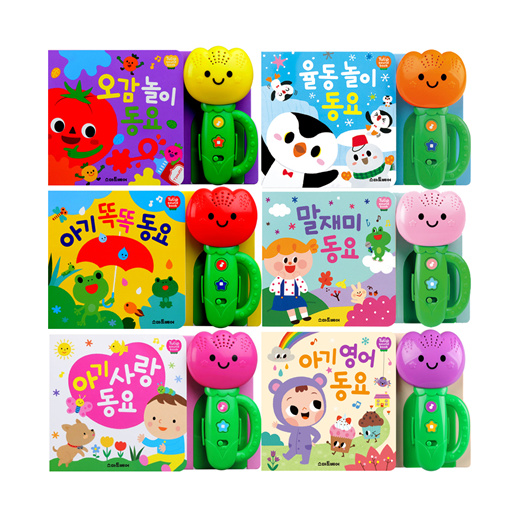
An undated poster in French is dotted with places in South Korea where missiles and fighter jets purportedly were kept.Ĭlass: History lessons include tales about the childhood of Kim Jong Il (pictured on wall), life under Japanese occupation and the Korean War, which children are told was started by the U.S. The Americans also are portrayed with nuclear symbols on their helmets and uniforms, a reference to the North Korean insistence that the U.S. 'People are being whipped up to hate the United States on the basis of past actions.' 'The main theme of anti-American propaganda is not "We must be ready for an attack" but "We must be ready for revenge,"' Myers says. 'The American imperialists and Japanese militarism are the sworn enemies of the North Korean people,' reads a quote from late leader Kim Jong Il affixed to the top of one wall in a large room devoted to anti-U.S. One drawing shows an American soldier crushing a girl with his boot, blood pouring from her mouth, her eyes wild with fear and pain.


Teeth bared, they brand prisoners with hot irons, set wild dogs on women and wrench out a girl's teeth with pliers. soldiers are depicted as cruel, ghoulish barbarians with big noses and fiendish eyes. soldier with batons or pelt him with stones, a favorite schoolyard gameĪt the Kaeson Kindergarten in central Pyongyang, one of several schools visited by the AP, U.S. in North Korea as students beat a toy U.S. Playtime: 'American b*******' as an acceptable way to refer to people of the U.S.

One glimpse inside a school, and it's clear that despite U.S.-North Korean diplomacy behind closed doors, four-year-olds are still being taught that the 'Yankee imperialists' are North Korea's worst enemy. On the streets of Pyongyang, anti-American posters have largely given way to images of soldiers in helmets and workers in factories.īut the posters and curricula at kindergartens across North Korea remain unchanged.

In recent years, state propaganda has shifted away from the virulent anti-American slogans of the past and has instead emphasized building up the economy. He went on to say: 'They make it very clear to the masses that this hate will last forever.' 'They tell their people there can be no reconciliation with the United States,' said American scholar Brian Myers, who dissected North Korean propaganda in his 2010 book, The Cleanest Race: How North Koreans See Themselves and Why It Matters. Let's reunify our fatherland' as students there learn that one of their country's main enemies is the U.S. 'Hate will last': This poster at a North Korean kindergarten reads 'Drive out the American imperialists.


 0 kommentar(er)
0 kommentar(er)
